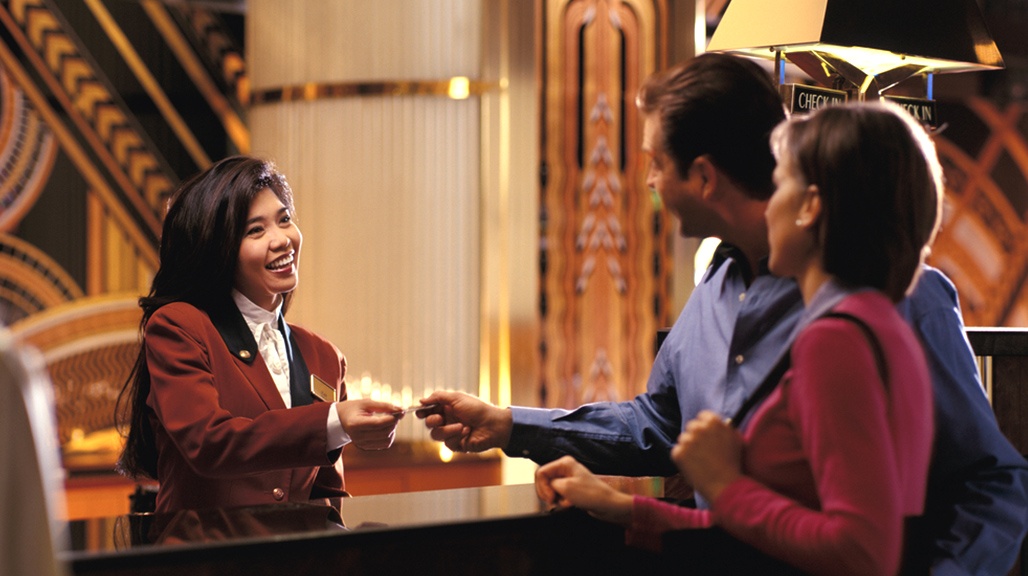3 Similarities I Discovered Between Hospitality and Financial Advisory
 Contributed by
Jamie Ang
October 29, 2016
Contributed by
Jamie Ang
October 29, 2016


It may not seem that way at first glance, but the hospitality industry have quite a lot in common with financial advisory.
It’s true! Having worked in the hospitality industry for the most part of my working life and now starting out as a financial adviser, I cannot help but notice some striking similarities.
1. Target Market
There are many different types of hotels that target certain groups of people to stay and spend money, namely: business, resort, casino, airport, and convention hotels. Each of these hotel categories caters to the needs of different people. Business hotels mainly located in the city area target single travellers who are in town for business, while resort hotels attract families and couples who travel to the destination for leisure. These groups of people have different spending habits. A business traveller would spend on a meeting room in the hotel while families in a resort would spend on water sport activities. Each of the products offered to these customers comes with a different price point.
Like hospitality, financial advisory service does provide advice on different products to target different groups of people to invest their money in, namely:
Whole life, endowment, medical expense, investment-linked, and general insurance products. These broad categories of products cater to the different needs of each customer. A young single professional who has just started working will want to invest in endowment products to plan for one’s retirement, while couples with children tend to invest in whole life products for protection. Like hotels, insurance products target different types of people with different spending habits. The price point being the premium paid determines the product’s sum assured.
2. Customer Service & Satisfaction
Top notch customer service and satisfaction is the primary objective of any hotel. It forms the core and backbone of its operations. That is the reason why employees are constantly being trained and reminded of this. Any glitch and complaint can cause the hotel revenue and most important of all, reputation.
Likewise, in order to provide financial advice one has to be fit and proper. Every year, each financial adviser has to satisfy a minimum number of training hours. The financial advisory process before, during, and after can make or break the customer’s decision. Any form of hard sell, twisting and churning of words may result in customer dissatisfaction and even litigation against the adviser.
3. Impact
A positive impact for a hotel leads to positive word of mouth, which then leads to gaining new customers, as well as earning the loyalty of current customers – all because of the services and customer satisfaction the hotel provides.
The excellent service rendered by a financial adviser too will cause the customer to refer his friends and family, and even invest in more products. More importantly, being a financial adviser has the capability to touch lives.
Edited by Michelle Sarthou
Image credit: Shutterstock
Did you enjoy this post? Please comment, like and share!










Sorry, the comment form is closed at this time.